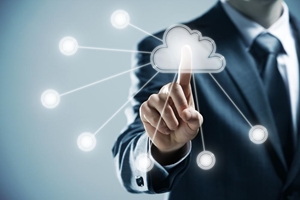
Small business owners eventually need help monitoring, leveraging and optimising the inflow and outflow of cash. Without solid financial management, your cash flow could dry up, you could overspend on accounts receivable, or struggle with forecasting or fundraising. When businesses have trouble using their revenue, it's time to consider accounting software. Your business shouldn't miss out on the technological capabilities available for bookkeeping and accounting. But where do you begin?
To help you find the best-fit accounting software, we put together initial questions to ask yourself. You could tick this critical item off your to-do list in time to lodge your 2022 taxes, improve your financial reporting and make data-based decisions.
Accounting software must-haves vs. nice-to-haves
There are plenty of software and service options for a small business owner to research and consider. Choice is ace. Option paralysis — where overwhelming choices lead to no action — ain't.
Here are six questions that should clear up what you absolutely need from accounting software and what would be nice to have at the right price or down the road.
- Do you have a bookkeeper you can't live without? Ask them which accounting software they'd want to use.
- Is your current tax agent or accountant indispensable?
- What don't you like about your current accounting system? A new accounting software must solve your identified problems.
- Can you afford the expense and time to train staff on the effective use of the new software? Most software offers estimates, invoicing, expense reports and document management; but to leverage those functionalities, your day-to-day may need tutorials and support.
- What existing solutions or applications does the software need to support now and in the near future? Packages offer various levels of integration.
- How many people will need access to the financial data? There are options for desktop and mobile applications, role-based access and a certain number of available seats per subscription.
Main points to remember about accounting software
The world wide web is full of information on how one software performs versus another but there is really no substitute for a qualified certified practising accountant (CPA) to advise and guide executives on crucial matters related to your business's financials.
From a professional CPA's point of view, small business accounting software should boost their service in the following ways:
- Automate bookkeeping tasks for reporting in actual time.
- Standardise practise of bookkeeping and accounting that reduces costs and increases accuracy of your business financial data.
- Speeds up workflows for key accounting activities from accounts payable to audits.
Accountants love what accounting software can do for a business's bottom line, if you choose the best software and services for your business.
Contact WMC Accounting to start a conversation about what your nice-to-have accounting software features are and check off accounting software from your to-do list.



